One Orlando Alliance: The Beginning
Long a leader in Orlando’s LGBTQ+ community, Jennifer Foster realized in the days following the Pulse shooting that everyone needed to pull together if any healing could occur after the Pulse tragedy.
That included coming to a consensus about common needs among the numerous LGBTQ+ organizations already in place and, before long, the 18 new groups that sprung up to raise funds and offer free or discounted services, such as mental health counseling and legal aid.
“Our community wasn’t ready for this. What community would be?” said Foster, who owned a creative content and digital media production company in Orlando.
She quickly became the board chair of the One Orlando Alliance, established to streamline all the nonprofits and reduce redundancy and create a network. Central Florida Foundation invested $120,000 in total to provide technical assistance to start the Alliance and to find an executive director.
That search ended in October, when Foster accepted the position after essentially handling the job on a volunteer basis for more than 18 months.
The first year after Pulse, she said, was about meeting the pressing needs of a reeling, mournful people, from managing blood donations to food and shelter to rent money and counseling. There was plenty of volunteers, as well as good intentions, but chaos reigned.
Organization became a top priority, too. “Everybody was in their own silo. We needed to get together, to work together,” Foster said.
The Alliance spent the past year bringing order to the post-Pulse world and now works with more than 30 LGBTQ+ and allied organizations. The bottom line for the Alliance is building a “safe, welcoming and inclusive community for all LGBTQ+ people.”
The organization also has published a 12-page report on the 10 most critical needs of the LGBTQ+ community, along with proposed solutions. It will be updated annually.
The issues, according to the Alliance, are: produce a safer place for LGBTQ+ youth; ensure workplace equality; reduce homelessness; increase health care; eliminate barriers for people coming out; protect vulnerable populations; provide more economic opportunity for transgender/gender nonconforming; pass comprehensive hate crime laws that include gender identity and gender expression provisions; reduce racial inequality; offer more services for immigrants.
Foster’s vision for the future is an audacious one. She’d like the Alliance to one day build a campus that would become the home for all the LGBTQ+ agencies, as well as the site for transitional and senior housing. Alliance officials are talking with experts and consultants about costs and how to tackle such a large undertaking.
“We want a really inclusive eco-system,” Foster said, “It has to start somewhere.”
